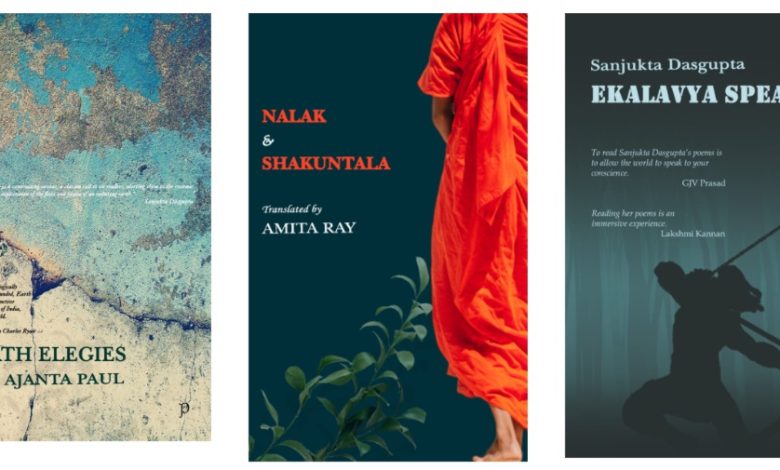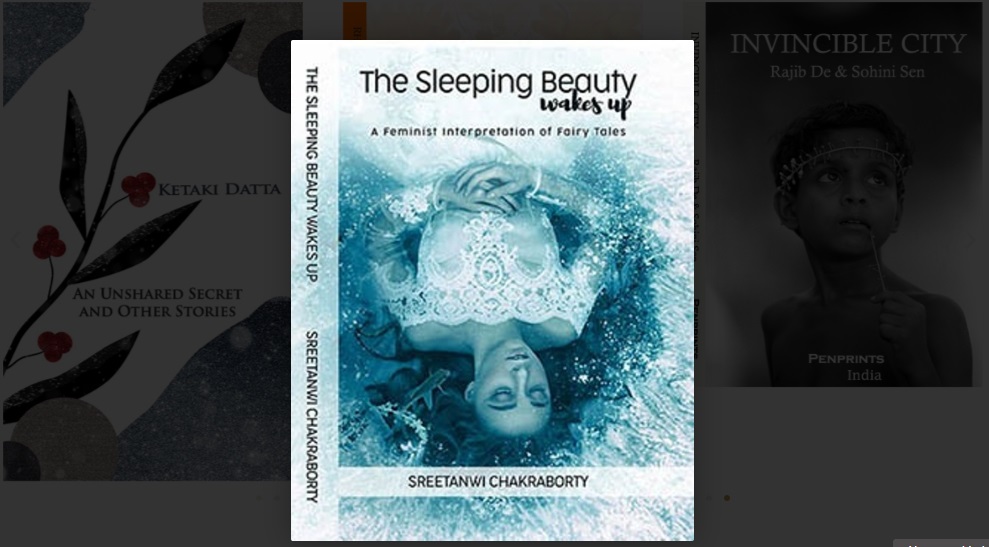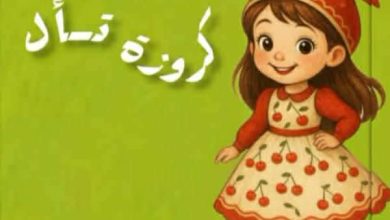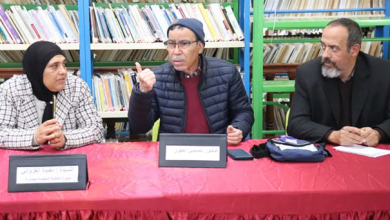
 In just five short years, Penprints Publication has blossomed from a passionate vision into a thriving global literary powerhouse. Founded in 2020 by the dynamic duo Supriyo and Sreetanwi Chakraborty, Penprints has carved out a unique space in the world of publishing by blending traditional values with modern reach. From poetry and fiction to academic works and photobooks, the house has championed a wide range of voices—emerging and established, national and international. Its commitment to editorial excellence, fair author relations, and strategic marketing has led to recognition in top literary awards and inclusion in prestigious libraries such as Oxford and Harvard. But beyond numbers and accolades, Penprints is a deeply human endeavor: a celebration of stories, creativity, and cultural diversity. In this exclusive interview, we delve into the strategies, milestones, and inspiring stories that define Penprints—and explore what lies ahead for this fast-rising star of the literary world.
In just five short years, Penprints Publication has blossomed from a passionate vision into a thriving global literary powerhouse. Founded in 2020 by the dynamic duo Supriyo and Sreetanwi Chakraborty, Penprints has carved out a unique space in the world of publishing by blending traditional values with modern reach. From poetry and fiction to academic works and photobooks, the house has championed a wide range of voices—emerging and established, national and international. Its commitment to editorial excellence, fair author relations, and strategic marketing has led to recognition in top literary awards and inclusion in prestigious libraries such as Oxford and Harvard. But beyond numbers and accolades, Penprints is a deeply human endeavor: a celebration of stories, creativity, and cultural diversity. In this exclusive interview, we delve into the strategies, milestones, and inspiring stories that define Penprints—and explore what lies ahead for this fast-rising star of the literary world.

Penprints has achieved remarkable global presence in just five years — what were the key strategies in sales and marketing that helped the brand cross borders so effectively?
A: We started our journey in 2020, and all our books have a proper promotional, marketing and circulation procedure all over the world. We believe that as a traditional publication house we should encourage authors to use their insanely creative potential and nurture new talents all across borders. Our books are available online, in selected offline stores and also in Google Books and Google PlayStore.
What genres or categories of books does Penprints Publication focus on? Are there specific themes or literary directions the house is particularly known for?

A: As a part of our initial journey, we have been dedicated to poetry publication, encouraged by support from our seniors. Gradually, we expanded into multiple genres. Today, we publish poetry collections, short stories, novellas, non-fiction, translations, and visually rich photobooks and coffee table books featuring award-winning works by our authors. In addition, we cater to a strong readership for academic and research publications. One division of Penprints actively collaborates with colleges and universities, offering services related to JMS (Journal Management System), ensuring seamless publication support for scholarly content.
Can you tell us more about the authors who publish with Penprints? Are there notable international or emerging voices that have become associated with the brand?
A: All our authors are our pride, as a publication house we share and nurture a close connection and emotional bond with each of them. Gopal Lahiri, a Jayanta Mahapatra award-winning poet is our author, and his book Anemone Morning and Other Poems (Penprints) was shortlisted for the Wise Owl Literary Award.

One of the foremost young voices in Indian poetry today is Kabir Deb, whose book The Biography of the Bloodless Battles (Penprints) was shortlisted for the prestigious Muse India Young Writer Award 2024 and also shortlisted for the Sahitya Akademi Yuva Puraskar 2025, the Akademi being India’s National Academy of Letters, established in 1954 by the Government of India. Mihaela Gligor, Romanian Tagore Scholar and academic also had her non-fiction book with us. Titled The Song of the Banyan, the book has already garnered a huge attention worldwide. We have other international authors like Meenakshi Mohan from Maryland, USA, Lopamudra Banerjee from Dallas and Chaitali Sengupta from Netherlands who have significant works in poetry and translation from Penprints. Chaitali Sengupta’s Across the Luminous Realms and other stories is a fine blend of storytelling, translation across cultures and a diversified narrative that transcends cultural boundaries. The Groot Eindhoven, one of the most popular newspapers of Netherlands has called it the “monnikenwerk”- a monumental task. Our authors have a huge network, and their works are read on a global scale.
 Given that five years is considered a short time in the publishing world, what were the major turning points or milestones that made this growth possible?
Given that five years is considered a short time in the publishing world, what were the major turning points or milestones that made this growth possible?
A: As a traditional publication house, from the very beginning Penprints maintained complete transparency in its policy- a written agreement with the author, proper editing and proofreading of the manuscript, finding out peer-reviewers to give us an unbiased opinion about the manuscript, discovering possible and accessible sales, promotion and marketing channels, presence in the Kolkata International Book Fair, New Town Book Fair and Assam Book Fair, on-time royalty payment to our authors, knowing our target audience and approaching new sales avenue were some of the areas in which we have been consistent. Apart from this, award shortlists, recognition in international newspapers, magazines and journals also gave Penprints an all-pervasive platform.
How does Penprints ensure visibility and critical acclaim across different markets — especially in terms of reviews, translations, and awards?
A: We have a list of national and global reviewers often preferred by our authors. Apart from this, we also send our books to selected national and international libraries and academic departments, including Indian Literature, the journal published from Sahitya Akademi. Poet and academic Tapeshwar Prasad’s book Needle of the Night published by us is now catalogued in Bodleian Libraries of the University of Oxford and in the Harvard University library. Some of our works are also getting translated from Bengali to English, and from English to Hindi, under proper academic expertise. We make it a point to send our books for almost all the major awards.
What role has technology or digital publishing played in Penprints’ international expansion and outreach to readers?
A: As a traditional publication house, we not just publish books, but we also make our books available on Kindle versions, on Google Books and Google PlayStore. In addition, we make a constant effort to engage more global readers through a revenue-driven SEO, social media, email campaigns, book trailers, more website views and sale, author webinars, and virtual events to increase engagement across time zones.
 Who are the visionary individuals or founding personalities behind Penprints Publication? What inspired them to create such a dynamic and globally connected publishing house?
Who are the visionary individuals or founding personalities behind Penprints Publication? What inspired them to create such a dynamic and globally connected publishing house?
A: Supriyo Chakraborty, an alumnus from the prestigious Presidency College and Calcutta University in India, is the founder director of Penprints Publication. Sreetanwi Chakraborty, an alumnus of the same institutions, an academic, and a writer-painter herself, is the editorial director (honorary) of Penprints Publication. As an entrepreneur, Supriyo wanted to work on something that we loved, that rekindled our creativity all the time, and that allowed us to work from any part of the world anytime. We have been globetrotters, listening to stories, meeting people, and therefore, Supriyo was the one, who considered documenting moments in books. In an age of digital supremacy, we as an entrepreneur couple, wanted to gift the smell of fresh pages to our readers.
Does Penprints have partnerships with bookstores, literary festivals, or academic institutions to support its global network?
A: We have an active channel with selected bookstores in India, and our authors are also invited to various prestigious literary festivals in India and abroad. Ajanta Paul’s poetry book Earth Elegies, Laksmisree Banerjee’s Dust-decked Rainbow Quilts, and Amit Shankar Saha’s Etesian::Barahmasi have already received a wide audience at the Tata Kolkata Literary Meet in 2024, and the Chandrabhaga Poetry Festival (Odisha). Penprints works in close collaboration with national and international colleges and universities to host literary programs from time to time.
How does Penprints support diversity in voices — particularly authors from underrepresented cultures or languages?
A: We believe in a no-discrimination policy when it comes to nurturing and marketing underrepresented cultures or languages. Equality is not just a word for us; we practice it all throughout. Penprints Publication, under its CSR project, has digitized selected villages in North Bengal, and we also have upcoming projects on translation of some endangered languages in English. We shall reveal the details very soon.
What’s next for Penprints? Are there any exciting projects, series, or author collaborations on the horizon that the literary world should watch out for?
A: We plan to come up with café-cum-bookstores in selected Indian cities, and in some rural areas, to foster better readership all throughout. There is a plan to revive some classical book projects. Two of the most exciting projects already in the market include Gaan Diye Je Tomay Khunji, a book of essays on Tagore songs, by Mainak Chakrabarti. The book has an array of paintings by Ankita Sanyal, and it also has QR codes, by scanning which, the readers can listen to Tagore songs sung by veteran cancer scientist and Rabindrasangeet singer Tanya Das. This same popularity and readability apply to IIT professor, writer, painter and singer Nirmalya Guha’s book Prithibir Ei Sab Galpo which is a fascinating novel with hand-painted maps, characters and places. It has already been extremely popular among readers worldwide.




